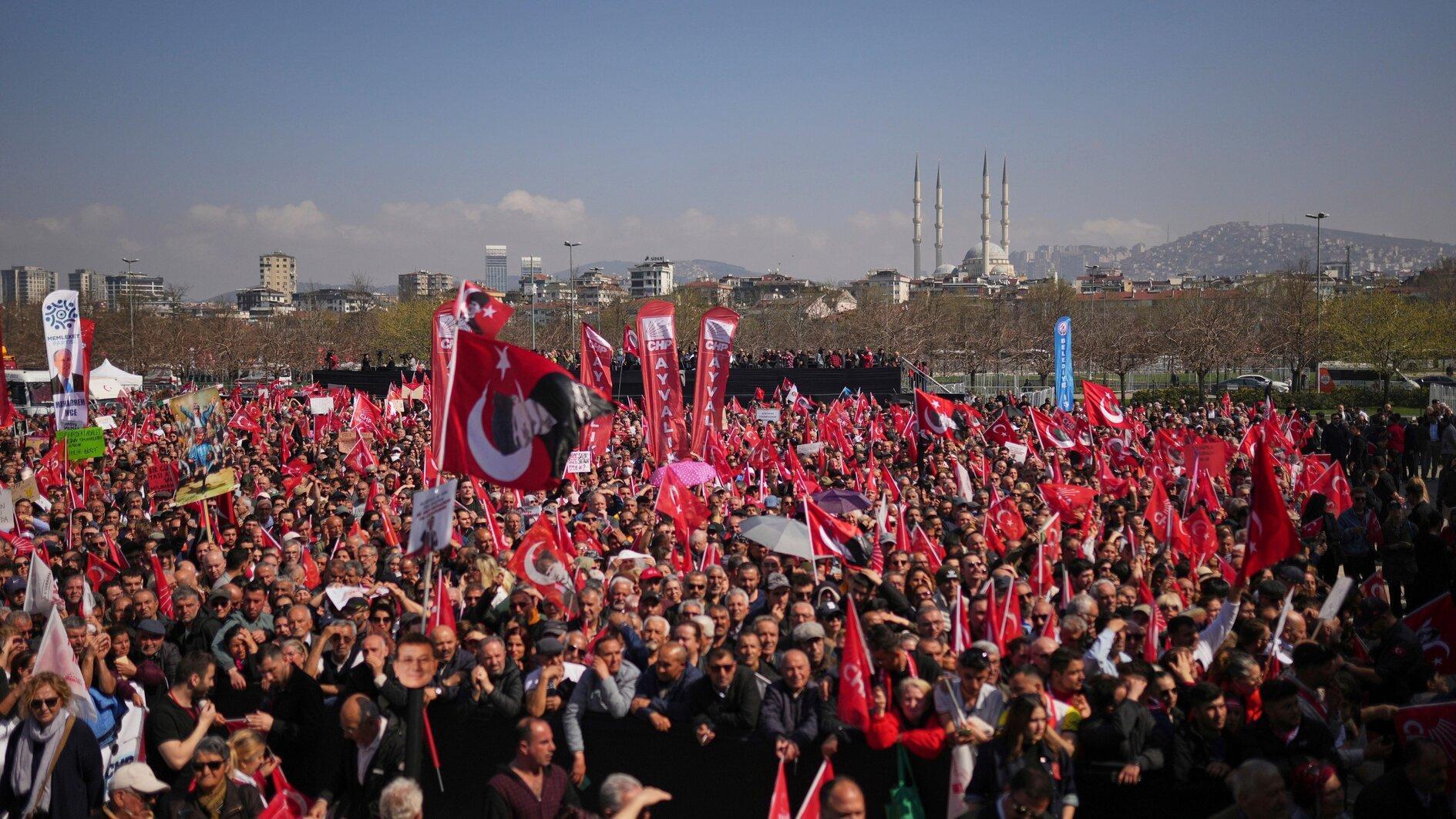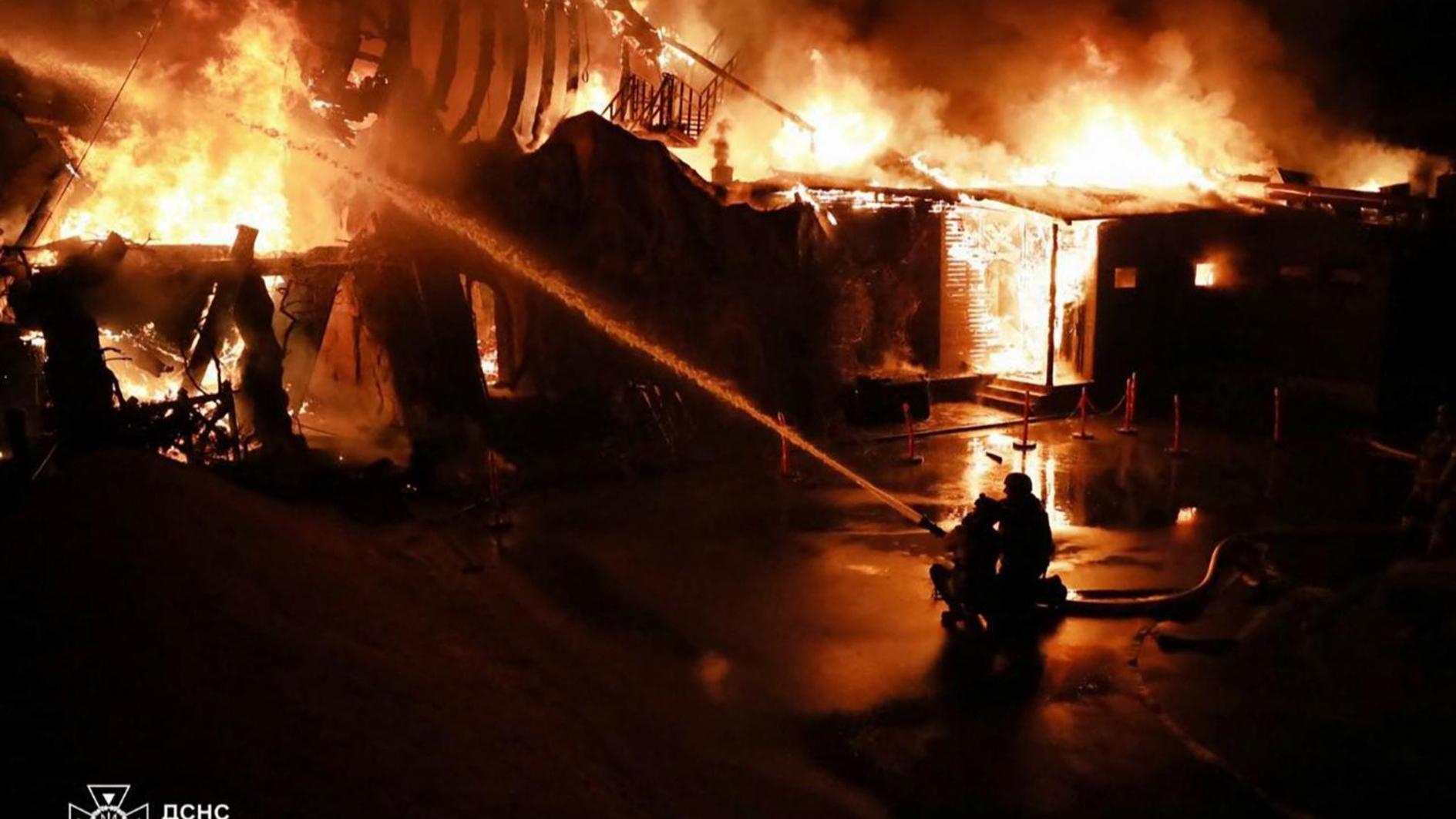Women’s issues won’t be solved if NGOs are excluded
It is my guess that there is no person of modern mind who would defend the proposals in the report prepared by the Parliamentary Divorce Research Commission aimed at reducing divorce rates.
Well then, how could such an outdated report emerge from the parliament?
It emerged because during this process, the representatives of nongovernmental organizations who have experience in this field were not consulted.
Actually, the true colors of the business became clear back in March.
Lawyer Hülya Gülbahar, who has dedicated her life to women’s rights struggle, was presenting her views as the representative of Equality Monitoring Women’s Group (EŞİTİZ) at a meeting of the commission when deputy Sait Yüce interrupted her and attempted to dismiss her from the session. The same deputy treated the head of the Child Foundation (Çocuk Vakfı), Mustafa Ruhi Şirin, in a similar fashion in another meeting.
This text is not one that all parties agreed upon and not one that was prepared with consensus.
In their dissenting opinions, both the Republican People’s Party (CHP) and the Peoples’ Democratic Party (HDP) criticized the fact that two commission members were verbally attacked and that the persons and the NGOs the opposition suggested were not invited and consulted.
The HDP has noted that the spectrum of the experts invited to the commission did not cover the matter, noting that several experts and representatives were invited concerning divorced fathers while no divorced mother was consulted.
At the beginning of the 2000s, the government sought the expertise of experienced women’s organizations. But later there was a breaking point between the government and women’s organizations.
Gülbahar explained this period: “There were those who said, ‘You are marginal; you do not represent Anatolian women.’ They wanted to paint us as if we were from the posh district of Nişantaşı, that we were marginal, but we are actually not. This weekend I was in the inner Aegean town Uşak, together with various women from different regions. There was a middle-aged headscarfed lady as well as a punk university student in the meeting.”
The head of the Federation of Women’s Associations of Turkey (TKDF), Canan Güllü, said experienced women’s associations in Turkey were important because women’s issues cannot be solved at the table by issuing laws. There is a need for the field experiences of civilian society that has gathered information from endless cases.
In women’s issues, women’s associations should not be excluded from the process. The women’s associations that have fought in the field of women’s rights in this country for years should not be treated as an opposition party because these associations are integrated with women of all segments regardless of their views, beliefs and economic status. They cooperate in all the provinces of Turkey with people who have experienced pain in this. Their opposition is not about taking political sides. They are only explaining what the women’s norms are in contemporary countries. They outline how we will benefit if we follow their methods.
They are not out to reflect a political party’s information or ideas.
Their aim is to convey their experiences. If this is not allowed, then both democracy and women will be damaged.











